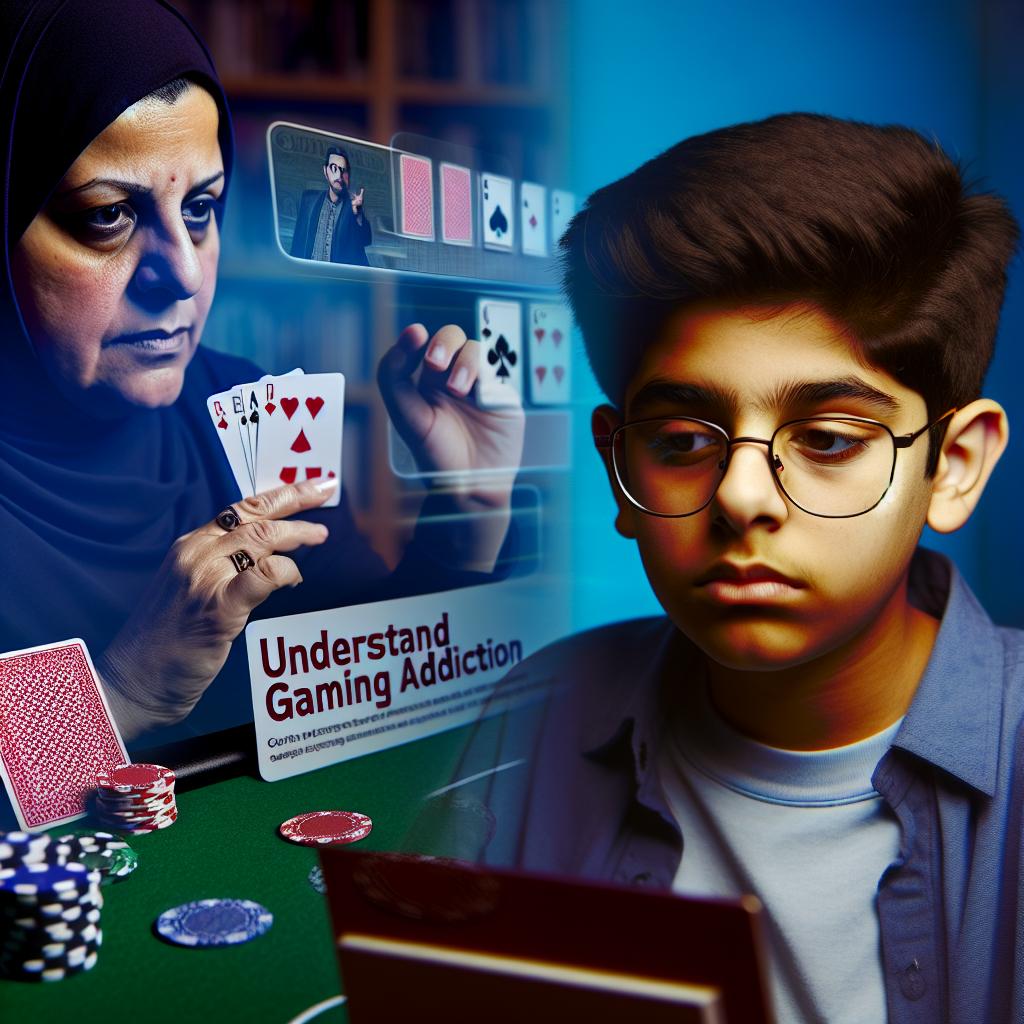Understanding Parental Concerns About Children’s Gaming Habits
The landscape of entertainment has undergone a significant transformation with the introduction of digital technologies, and gaming has emerged as a central component of recreational activities for children. This shift has brought about numerous discussions and debates, especially among parents who seek to understand the implications of their children’s gaming habits. While video games do offer a range of advantages, such as fostering problem-solving skills and enhancing hand-eye coordination, several concerns often plague parents. Addressing these concerns is essential for fostering a balanced and healthy approach to gaming.
Screen Time and Health Implications
One of the most prevalent concerns surrounding children’s gaming habits is the amount of time spent in front of screens. The increase in screen time associated with gaming has been linked to various health issues that affect children both physically and mentally. Eye strain is one such issue, where prolonged periods of staring at screens cause discomfort and potential long-term vision problems. Furthermore, excessive gaming can lead to sleep disturbances, which disrupt the natural sleep cycle and impact a child’s ability to function effectively during daytime activities.
A lifestyle characterized by prolonged inactivity, also known as a sedentary lifestyle, is another repercussion of excessive gaming. This lifestyle can contribute to a range of health problems, including obesity and a lack of physical fitness. The American Academy of Pediatrics advocates for establishing reasonable screen time limits to prevent these health issues and promote a more active lifestyle.
Impact on Academic Performance
Academic performance is a critical concern for parents as they navigate their children’s engagement with digital games. The allure of video games, with their engaging narratives and interactive experiences, can be all-consuming for children. As a result, there is the risk of diminishing focus on educational pursuits. The extensive time devoted to gaming can lead to a diversion of attention from schoolwork, thereby impacting the time available for studying and completing assignments.
To mitigate this concern, it is beneficial for parents to work collaboratively with their children to set specific gaming schedules that respect and prioritize academic responsibilities. By creating structured time slots for gaming, children can enjoy their hobbies without compromising their educational development.
Social Isolation and Real-world Interaction
Another dimension of concern for parents is the potential for gaming to contribute to social isolation. Immersion in the virtual worlds of video games can lead children to neglect face-to-face interactions with peers and family members. Consequently, there is a risk that they may miss out on essential socialization experiences which are crucial for developing interpersonal skills.
Parents are encouraged to foster a balance, promoting opportunities for children to engage in real-world social activities alongside their online gaming pursuits. Participation in team sports, group hobbies, and family activities can enrich children’s social experiences, enabling them to cultivate relationships and social skills in diverse settings.
Exposure to Inappropriate Content
The nature of video games often varies, and not all content is suitable for children. The reality is that several games may contain elements considered inappropriate, such as violence, mature themes, or explicit language. Parental vigilance is necessary to safeguard children from exposure to such content.
An effective method for addressing this concern is the use of parental controls and the regular review of game content ratings. The Entertainment Software Rating Board (ESRB) stands as a valuable resource, providing ratings that inform parents about the age-appropriateness of game content. By familiarizing themselves with these ratings and utilizing parental control settings, parents can make informed choices about the games their children have access to.
Online Safety and Privacy Issues
The interactive nature of many online games introduces additional concerns regarding children’s safety and privacy. With opportunities for real-time communication and interaction with other players, there is the potential for exposure to unsuitable content and individuals. Additionally, the collection of personal data by games poses potential privacy risks.
To ensure online safety, it is pivotal for parents to educate their children about the principles of online safety and privacy. Understanding how to manage privacy settings and regularly monitoring online interactions can contribute to a safe gaming environment. By providing guidance, parents can empower their children to navigate online spaces with caution and responsibility.
Strategies for Managing Gaming Habits
In light of the concerns associated with children’s gaming habits, parents can deploy several strategies to ensure a balanced approach to gaming:
- Establish consistent and clear rules around gaming to set boundaries and expectations.
- Encourage the selection of age-appropriate games that offer educational value, aligning recreation with learning opportunities.
- Engage in open and ongoing dialogue with children, underscoring the significance of balancing gaming with other daily activities, such as academics, physical exercise, and family time.
By adopting a proactive approach and working collaboratively with their children, parents can play an instrumental role in ensuring a more positive and enriching gaming experience. Balancing interests and establishing boundaries fosters an environment where digital entertainment can coexist with other significant elements of a child’s development, ultimately cultivating a healthy and well-rounded lifestyle.

